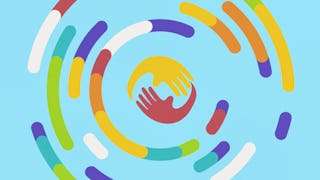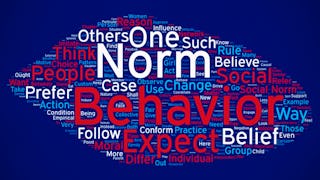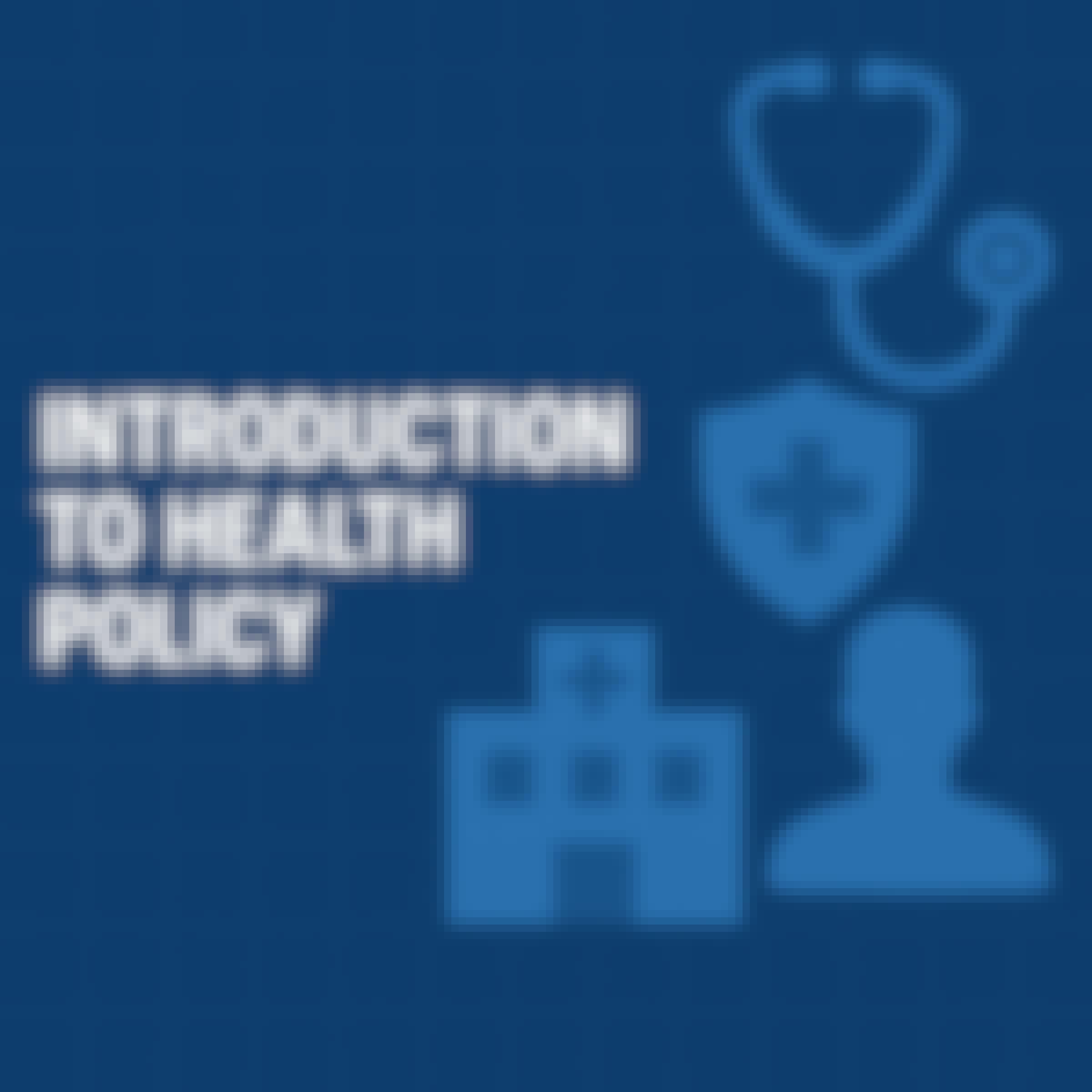Filter by
SubjectRequired
LanguageRequired
The language used throughout the course, in both instruction and assessments.
Learning ProductRequired
LevelRequired
DurationRequired
SkillsRequired
SubtitlesRequired
EducatorRequired
Explore the Social Welfare Course Catalog
 Status: Free Trial
Status: Free TrialUniversidad de Palermo
Skills you'll gain: Family Support, Public Policies, Economic Development, Economics, Political Sciences, Policy Analysis, Socioeconomics, Human Development, Behavioral Economics, Social Studies, Social Sciences, Community Development, Gerontology, Relationship Building, Empathy, Social Skills, Child Development, Resilience, Personal Development, Emotional Intelligence
 Status: Free Trial
Status: Free TrialUniversity of Colorado Boulder
Skills you'll gain: Self-Awareness, Personal Development, Program Evaluation, Empowerment, School Psychology, Emotional Intelligence, Mindfulness, Teaching, Social Justice, Social Skills, Behavior Management, Childhood Education and Development, Advocacy, Higher Education, Cultural Responsiveness, Curriculum Planning, Classroom Management, Professional Development, Empathy, Growth Mindedness
 Status: Free Trial
Status: Free TrialUniversity of Michigan
Skills you'll gain: Health Disparities, Health Equity, Social Determinants Of Health, Community Health, Public Health, Health Policy, Health Promotion, Health Assessment, Social Justice, Economics, Policy, and Social Studies, Epidemiology, Socioeconomics, Health Systems, Cultural Responsiveness, Stress Management, Health Care, Mental and Behavioral Health, Data Collection, Preventative Care, Diversity Equity and Inclusion Initiatives
 Status: Preview
Status: PreviewUniversity of Michigan
Skills you'll gain: Social Work, Community and Social Work, Social Justice, Social Sciences, Human Services, Advocacy, Cultural Sensitivity, Diversity Awareness, Research, Policty Analysis, Research, and Development, Systems Thinking, Ethical Standards And Conduct
 Status: Preview
Status: PreviewTel Aviv University
Skills you'll gain: Economics, Economics, Policy, and Social Studies, Tax, Economic Development, Social Justice, Socioeconomics, Public Policies, Sustainable Development, Tax Management, Policy Analysis, Income Tax, Market Analysis
 Status: Preview
Status: PreviewUniversity of Pennsylvania
Skills you'll gain: Sociology, Social Sciences, Culture, Policy Analysis, Behavioral Economics, Surveys, Program Evaluation, Qualitative Research, Data Collection, Research
What brings you to Coursera today?
 Status: Preview
Status: PreviewUniversitat Autònoma de Barcelona
Skills you'll gain: Social Justice, Pedagogy, Social Sciences, Community and Social Work, Child Development, Community Development, Creativity, Education and Training, Cultural Diversity, Working With Children, Rapport Building, Discussion Facilitation
 Status: NewStatus: Preview
Status: NewStatus: PreviewO.P. Jindal Global University
Skills you'll gain: Health Disparities, Health Equity, Social Determinants Of Health, Health Systems, Public Health, Health Policy, Health Care, Epidemiology, Social Justice, Social Sciences, Demography, Economics
 Status: Preview
Status: PreviewUniversity of Michigan
Skills you'll gain: Policy Analysis, Policy Development, Social Justice, Advocacy, Public Policies, Political Sciences, Health Policy, Economics, Policy, and Social Studies, Social Determinants Of Health, Program Evaluation, Community and Social Work, Public Administration, Case Studies, Diversity Equity and Inclusion Initiatives, Research, Problem Solving
 Status: Free Trial
Status: Free TrialCopenhagen Business School
Skills you'll gain: Growth Strategies, Team Oriented, Marketing Communications, Business Modeling, Business Planning, Sustainable Development, Organizational Structure, Entrepreneurship, Marketing Effectiveness, Communication Strategies, New Business Development, Business Development, Business Strategies, Community Development, Program Evaluation, Social Sciences, Sustainable Business, Business Strategy, Fundraising, Financial Inclusion

The University of Edinburgh
Skills you'll gain: Behavioral Health, Applied Behavior Analysis, Behavioral Management, Ethical Standards And Conduct, Stress Management, Qualitative Research, Scientific Methods, Experimentation, Environmental Issue, Nutrition and Diet
 Status: Free Trial
Status: Free TrialUniversity of California, Davis
Skills you'll gain: Digital Transformation, Innovation, Responsible AI, Data Ethics, Machine Learning, Business Transformation, Blockchain, Process Design, Emerging Technologies, Technology Strategies, OpenAI, Data Storage, Artificial Intelligence, Artificial Intelligence and Machine Learning (AI/ML), Digital Assets, Fundraising and Crowdsourcing, Communication, Technology Solutions, ChatGPT, Generative AI
Social Welfare learners also search
In summary, here are 10 of our most popular social welfare courses
- ¿Cómo ser feliz? Familia, Economía y Políticas Públicas: Universidad de Palermo
- The Teacher and Social and Emotional Learning (SEL): University of Colorado Boulder
- The Influence of Social Determinants on Health: University of Michigan
- Social Work Practice: Advocating Social Justice and Change: University of Michigan
- Economic Growth and Distributive Justice Part II - Maximize Social Wellbeing: Tel Aviv University
- Social Norms, Social Change I: University of Pennsylvania
- Social Pedagogy across Europe : Universitat Autònoma de Barcelona
- Introduction to Health Policy: O.P. Jindal Global University
- Using Public Policy for Social Change: University of Michigan
- Social Entrepreneurship: Copenhagen Business School










